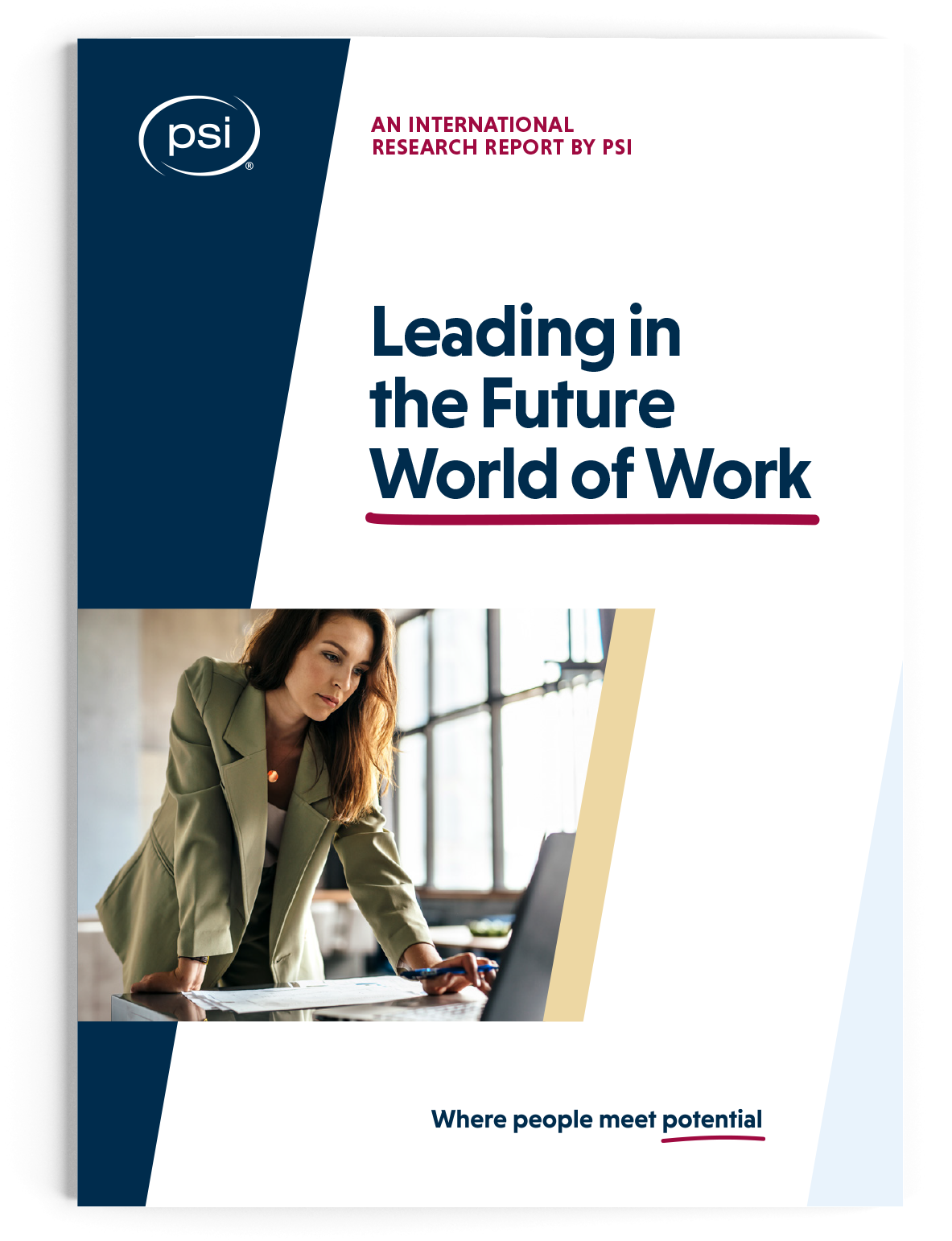Armed with more information than earlier generations, and feeling ever higher levels of skepticism toward the business world, today’s consumer is unlikely to respond well to aggressive selling tactics. Organizations would be well advised to dispense with the sales shark approach altogether.
Even institutions once viewed favorably, such as the Banking industry, are looked at with a jaundiced eye. A 2015 Gallup poll found a combined 62 percent of respondents had a “very negative,” “somewhat negative,” or “neutral” view of the Banking industry. Of the 25 sectors ranked, with the federal government pulling up the rear, the real estate, advertising, and banking industries came in as the 13th, 17th, and 18th-ranked institutions.
Ron Wolff, Caliper’s Senior Vice President of Talent Management, says, “Look at the Financial Services market and the mortgage debacle. Salespeople were constantly changing the terms of a loan and making it look like you could afford something but didn’t tell you how the wheels could come off and you could lose everything. Same thing on the investment side. So the thinking has altered.”
How have industries combated this trend? By turning their salespeople into relationship builders.
As example, in the world of wealth management, high-net-worth investors used to meet with a Financial Planner, who recommended stocks and mutual funds. In this arrangement, the classic “hunter” sales model – persuasive drive, urgency, and aggressiveness– sufficed.
In 2016, though, with customers being more informed and savvy, it’s harder to sell people. So financial institutions evolved their thinking, now offering lifecycle solutions that affect wealth, including:
-Elder Care
-College-Affordability Planning
-Divorce Planning
While you’re not necessarily receiving a tangible return on these items, as you would from investing in a stock, they are “tough to put a value on,” Ron says. Interactions no longer “center around a singular product or service. It’s really about a relationship.”
Caliper, too, is in the relationship business. Instead of considering us purveyors of pre-employment assessments, Ron says we should be thought of as Conscientious Advisors or Relationship Account Managers.
So what is this concept based on? Two primary factors: expertise and trust.
Expertise leads to trust, which forms the basis of the relationship. In the outdated view of Sales, expertise and trust are add-ons. Not anymore.
“[Caliper’s] role is not about asking clever questions; it’s about educating,” Ron adds. “It’s about sharing expertise.”
A Relationship Account Manager must possess expertise in his or her industry. Having that high-level understanding of one’s business leads to more informed conversations with clients.
Trust is a delicate thing. If a prospective client thinks a salesperson is asking questions simply to push a product, “that puts a lot of stress on trust,” Ron adds. “If we’re just exchanging expertise and information – and we have built that relationship over time – it supports trust.”
Later, when it comes to an intervention in which money is involved, “there’s more proclivity for people in that relationship to say ‘Yes, I’ll pay for that.’ The stakes are higher. The game is bigger. And the engagement is different.”

